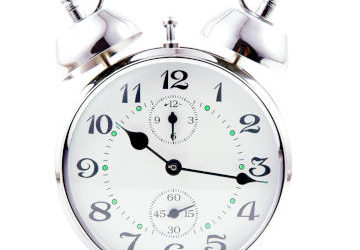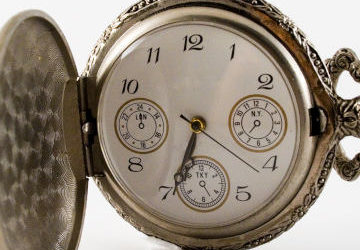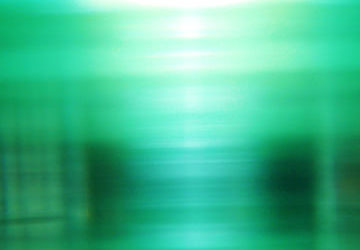Symptoms
Here are a few common symptoms of bipolar disorder. Not all patterns listed below apply to every patient, nor is it a comprehensive list. Please feel free to leave comments to help improve our archive.
Too Much or Too Little Sleep
For weeks, one may get no more than 5 hours of sleep per night. During these phases, one is unmotivated to rest. Such manic or hypomanic episodes may be followed by phases of recuperation or exhaustion. During the depressive episodes, one is less motivated in getting out of bed, and frequently tempted to oversleep.
Article: Regulating Sleep Hours
Reversed Sleeping Hours
Creativity and productivity might be peak after midnight. Nighttime meditation, creative writing, drawing and other activities keep one awake, whereas daytime activities do not arouse much interest. This leads to heavy drowsiness in daytime. If unheeded, this sleeping pattern may persist for weeks or months.
Perceived Impulsivity
Constant conflict between acting on perceived “needs” versus innate desires. Suppression of innate desires may lead to depression, but impulsivity may lead to troubles with relationships. It is important to explore the reasons for the impulses, which may take time and patience.
Lethargy
Though largely attributed to insomnia, a lack of energy and motivation may be exacerbated by a lost sense of faith and passion, especially towards dreams and ideals previously inclined.
Heightened Mental Activity
One may become bombarded by creative ideas. Mental restlessness is often non-balanced by adequate physical activity to fulfill the dreams. A balance is necessary to maintain good spiritual and mental health.
Internal Conflict
Life may cycle between the extremes of spiritual learning and “practical” responsibilities. Driven towards one extreme to another, it becomes a challenge balancing both at the same time.
Lack of Concentration
Drowsiness often accompanies meditation. Meditation may become more difficult as attention is interrupted by much more mental activity than before.



